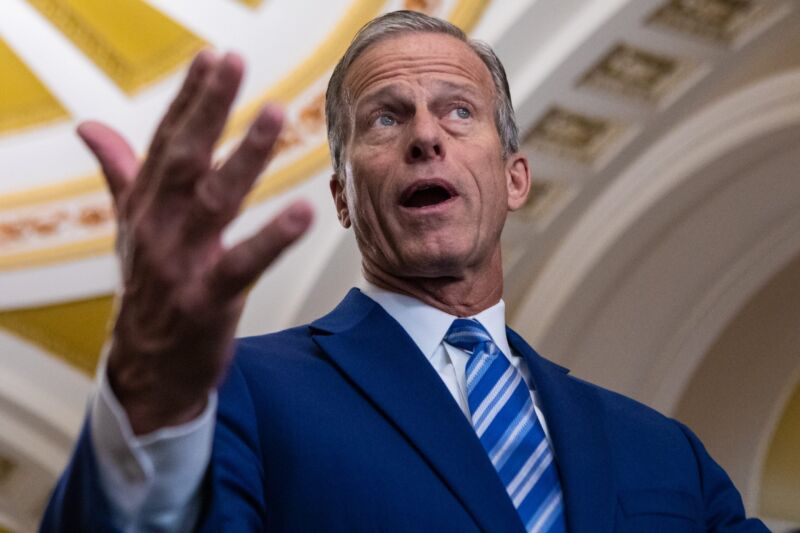-
 chevron_right
chevron_right
FCC scraps old speed benchmark, says broadband should be at least 100Mbps
news.movim.eu / ArsTechnica · Thursday, 14 March - 21:49

Enlarge (credit: Getty Images | Yuichiro Chino)
The Federal Communications Commission today voted to raise its Internet speed benchmark for the first time since January 2015 , concluding that modern broadband service should provide at least 100Mbps download speeds and 20Mbps upload speeds.
An FCC press release after today's 3-2 vote said the 100Mbps/20Mbps benchmark "is based on the standards now used in multiple federal and state programs," such as those used to distribute funding to expand networks. The new benchmark also reflects "consumer usage patterns, and what is actually available from and marketed by Internet service providers," the FCC said.
The previous standard of 25Mbps downstream and 3Mbps upstream lasted through the entire Trump era and most of President Biden's term. There's been a clear partisan divide on the speed standard, with Democrats pushing for a higher benchmark and Republicans arguing that it shouldn't be raised.








